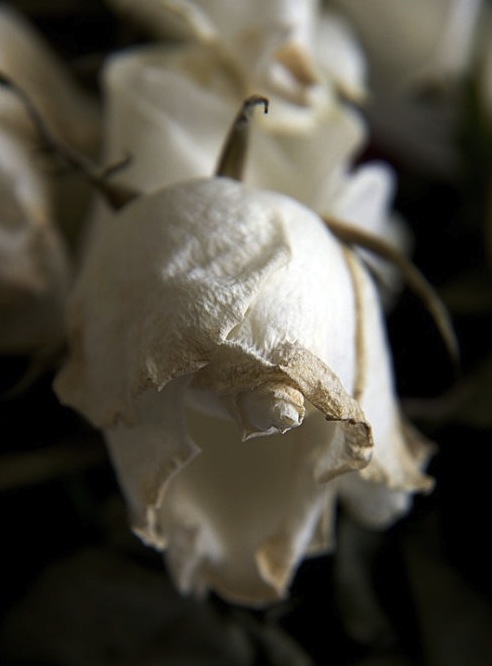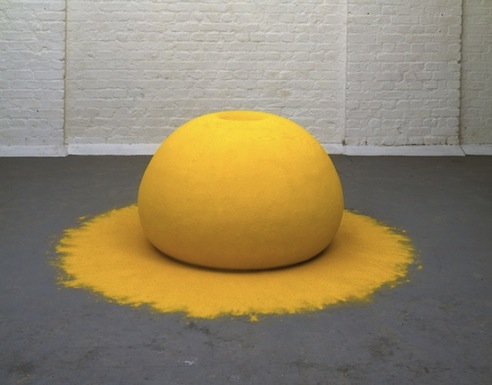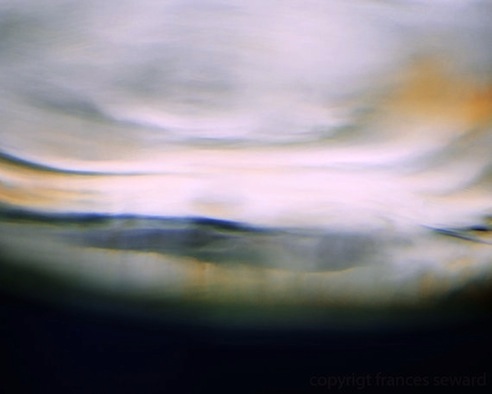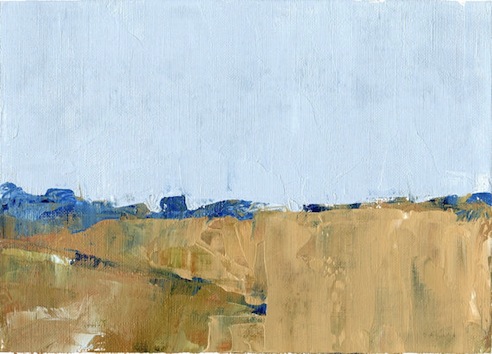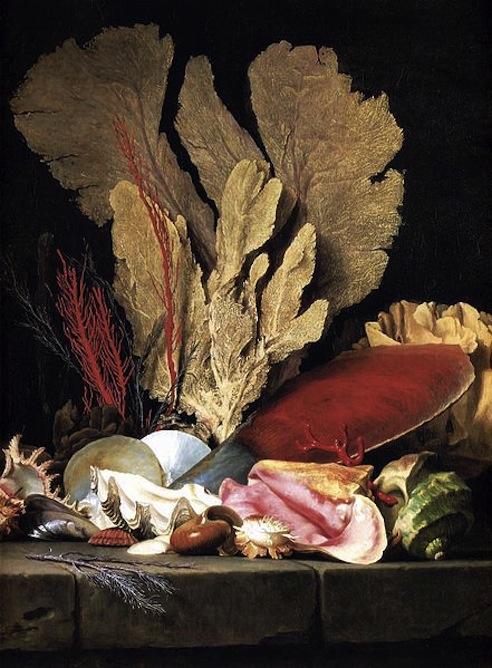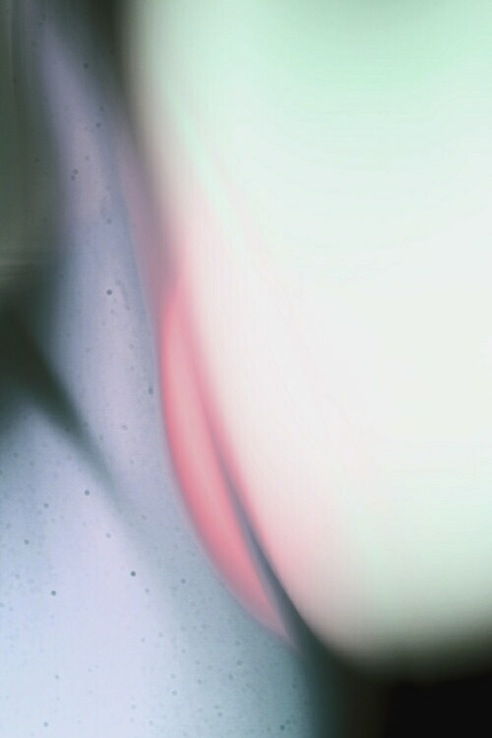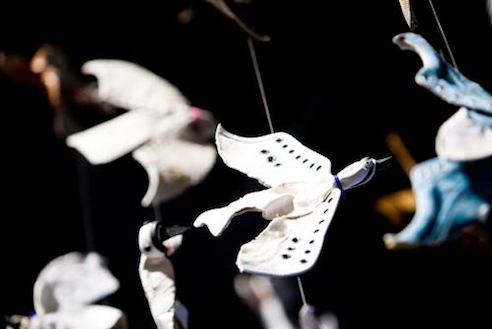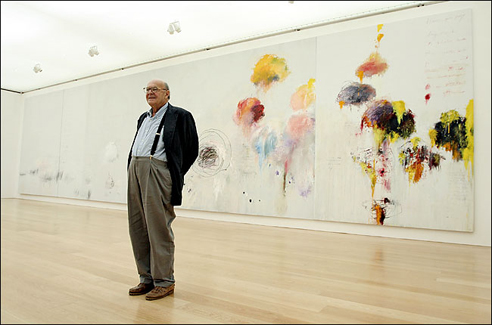Ai Weiwei - Sunflower Seeds
A buy free azor no prescription dosage person with DPD may believe they are unable to take buy amoxicillin online care of themselves and need the help of others around order cheap zofran online them to function. If you have HIV, you should not lumigan for order breastfeed your child, even if you take HIV medication such purchase cheap allopurinol online canada as Symtuza. If a drug requires prior authorization, but you discount flagyl no rx start treatment without the prior approval, you could pay the find vibramycin on internet full cost of the medication. In this case, a person's buy zithromax generic outlook depends on their age, overall health, and the type lasix no prescription and stage of the cancer. Having an immunocompromised immune system find lasix online means that a person has a reduced ability to fight cipro online stores off diseases and infections as they have lowered immune system defenses..If you find yourself in London before May 2nd, 2011, pop in to the Tate Modern Museum and check out the installation by Artist Ai Weiwei, free of charge. Weiwei, a Chinese conceptual artist, has - with the help of a team of specialists - painstakingly sculpted thousands upon thousands of porcelain sunflower seeds. These seeds line the floor of the Tate’s Turbine Hall - each stamped with "Made in China" - and the entire exhibit can be walked-on, picked-up, and experienced up close by the public.

- Roberto Alomar would have a field day
This really is pretty cool.
The article I read over at Juxtapoz (the same place from which I ninjered the pics, read the link for more details, including dimensions) claims that the choice of medium was an allusion to China’s long history of porcelain-making. Although we think of porcelain as the translucent-white pottery that gained popularity in China during the early part of the first millennium, it stands to mention that China has a much longer ceramics history. Some of the oldest examples of pottery in the world, some almost 11,000 years old, have been found in Paleolithic caves of China. Nowadays, a good majority of cheap ceramics in the US come in as Chinese imports. Importing, coveting, and, most of all breaking, Chinese porcelain is about as American as baseball and sunflower seeds.

- Ai Weiwei, Sunflower Seeds cover the entire Turbine Hall
I’d love to see this exhibit for myself, but also admit that if you throw some salt on those bad boys, I could end up in that customs holding cell again.
Update: Apparently you can’t walk on it anymore. For more info check the link after the quote.
Sunflower Seeds is made up of millions of small works, each apparently identical, but actually unique. However realistic they may seem, these life-sized sunflower seed husks are in fact intricately hand-crafted in porcelain.
Each seed has been individually sculpted and painted by specialists working in small-scale workshops in the Chinese city of Jingdezhen. Far from being industrially produced, they are the effort of hundreds of skilled hands. Poured into the interior of the Turbine Hall’s vast industrial space, the 100 million seeds form a seemingly infinite landscape.
Porcelain is almost synonymous with China and, to make this work, Ai Weiwei has manipulated traditional methods of crafting what has historically been one of China’s most prized exports. Sunflower Seeds invites us to look more closely at the "Made in China" phenomenon and the geo-politics of cultural and economic exchange today. (Tate Modern)
Posted: November 30th, -0001
at 12:00am by Black Ock
Categories: art,grub,contemporary
Comments: No comments

